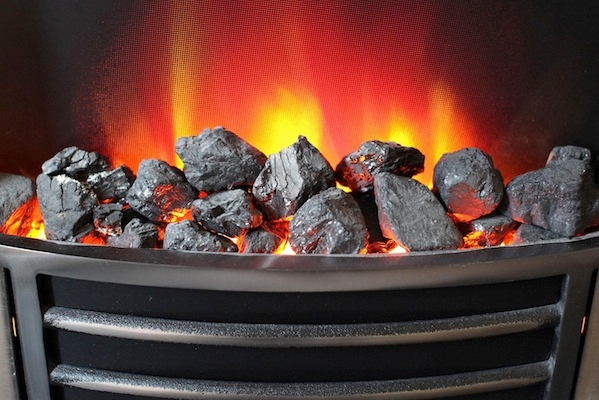Consumers who are forced to have prepayment energy meters put in should face a maximum installation fee of £150, the regulator has proposed.
Currently such energy users – already the most vulnerable to debt – face a charge of up to £900, said Ofgem. As many as 4.5 million people use prepayment meters for electricity, while 3.5 million use them for gas. Consumers who pay in advance also face higher energy bills, although from April 2017 these prices will be capped. Renting London is no longer the world’s most expensive city in which to rent, The Telegraph reports. This is according to the CBRE Global Living report, which monitors property costs in 35 global cities. From Abu Dhabi to Vancouver, the world’s cities were ranked on measures including annual apartment price growth, average rent, and even the price of a coffee or pair of jeans. The good news: Londoners owe thanks to the good people of Singapore, whose rents are so high they have nudged London, top last year, back down to second place – albeit by dint of Singaporean rents accelerating slightly faster. Investment One of Britain’s largest bond funds has suggested that people would be better off keeping their money in cash, rather than investing in debt, as it warned of the extraordinary impact that central bank policies are having on fixed-income returns. The Times reports that M&G Investments, which manages more than £260 billion for its customers, of which nearly £160 billion is in fixed-income assets, said yesterday that the ‘traditional approach’ to investing should be reappraised in the light of negative interest rates, where depositors pay to save their money. BanksBanks are blocking customers’ debit cards if they go shopping in rough parts of town or buy expensive gadgets out of the blue, according to the Daily Mail.
Most High Street names are using complex computer programmes to track where you shop, your hobbies and how much you spend. When your card is used suddenly in a way that seems out of character, it could indicate that a criminal has stolen your card or identity.
That sends a red flag to the bank’s fraud team, who will cancel your card immediately or phone you to make sure you’re OK. But some banks’ alarms are so sensitive they can be set off by something as innocuous as buying an iPad or spending money in a town or shop that is listed by the bank as a fraud hotspot.
Wages
New research by a money saving website has found that the average pay check lasts Britons just 22 days of the month, leaving them skint for about a week until the next pay day, with the average Briton admitting that they spend £741.90 within the first 48 hours of being paid.
According to the poll, rent, food shopping and bills are the first things Britons fork out on before treating themselves and their loved ones.
Spending over £700 within the first 48 hours of being paid, the average Briton finds that their pay check lasts just 22 days a month – where they then find themselves dipping into their savings and using credit cards to get through the rest of the month.
The team at www.VoucherCodesPro.co.uk conducted the research as part of an ongoing study into British expenditure following being paid their monthly wages. 2,077 Britons aged 18 and over, all of whom stated they were in full-time employment and rented or owned their own home, were quizzed about their income and their outgoings.
Families
Almost half of working families are cutting back on buying essential food and clothing to help pay their rent or mortgage, a new survey suggests.
MailOnline reports that the equivalent of almost four million families are feeling the squeeze on their household budgets, forcing them to cut back, according to the research by the charity Shelter.
It said these families are vulnerable to even a small change in income, and it urged the Government to help protect families who fall on hard times.
Savings
Data from Moneyfacts.co.uk shows that rate reductions in the savings market have now outweighed rate rises for 11 consecutive months and that August has officially become the worst month this year for cuts. In August, Moneyfacts recorded three savings rate rises. Disappointingly, rate reductions over the same period completely outshone this figure, with the number of rate decreases standing at a staggering 388, which translates as around 130 cuts to every rate rise, and some deals fell by as much as 1.3 per cent.Housing
The average home in the UK is £17,000 more expensive than a year ago, new figures from the ONS revealed yesterday, as property inflation continues to race ahead of wages.
The typical house value increased 8.3 per cent in the year to July 2016, down from 9.7 per cent recorded the previous month. Despite that easing property inflation is almost 3.5 times Britain’s average wage growth of 2.4 per cent, recorded by the ONS average weekly earnings report.
Meanwhile, figures from the Council of Mortgage Lenders released this morning show that July house purchase lending was down 13 per cent on June.
In July, homeowners borrowed £10.6 billion for house purchases, down 13 per cent month-on-month and 12 per cent year-on-year. They took out 58,100 loans, down 14 per cent on June and 13 per cent on July 2015.






Comments